Why Your Dog Is Licking Your Kitten (And When It’s Totally Normal)
Dogs lick for a bunch of reasons—affection, curiosity, grooming, even anxiety. When it comes to your kitten, most of the time it’s a mix of bonding and instinct.
Here’s what might be going on:
- Maternal or paternal instinct: Your dog may see the kitten as a baby in need of care, especially if your dog is nurturing by nature. This isn’t limited to female dogs, males can be just as “parental.”
- Pack bonding: Licking is a natural way for dogs to bond with other animals (and people!). It’s how they show affection and acceptance.
- The kitten smells… interesting: Especially if they’re new to your home or came from a shelter. Dogs explore the world through scent.
- Mimicking grooming behavior: Dogs often copy what they see. If they’ve watched cats groom kittens—or you gently stroke your kitten—they may try to “help.”
As long as your kitten seems comfortable and your dog’s licking is gentle and not obsessive, this behavior is not just normal, it’s heart-melting.
Pro Tip: Keep an eye on your kitten’s fur and skin. If licking becomes too frequent, it could lead to irritation, even if the intentions are pure.
When You Should Be Concerned
Affectionate licking is sweet, until it’s too much. Some behaviors may signal that things are heading into an unsafe or uncomfortable territory for your kitten.

Red Flags to Watch For:
1. Growling or Snapping
Even if your dog seems relaxed while licking, any growling, especially when the kitten moves or tries to walk away, is a sign of possessiveness or overstimulation.
2. Obsessive Fixation
If your dog can’t focus on anything but the kitten, constantly following them, staring, or licking to the point of ignoring food or toys, that’s a problem. This kind of fixation can quickly turn into dominance or aggression.
Vet Tip: If the licking becomes compulsive or your dog guards the kitten from other pets or people, it’s time to separate and seek professional advice.
3. Chasing or Pinning the Kitten
Playful chasing might look cute, but it can terrify your kitten. Even gentle dogs can accidentally hurt a fragile kitten during rough play.
What to do: Don’t allow chasing, no matter how playful it seems. If it happens repeatedly, go back to slow, supervised introductions.
How to Create a Safe, Happy Bond Between Your Dog and Kitten
A strong friendship between your dog and kitten doesn’t happen overnight, and that’s okay. With patience, structure, and a few smart boundaries, you can help them build a healthy relationship that lasts.

1. Set up Kitten Only Safe Zones
Kittens need quiet spaces where they can nap, play, and feel safe, especially when you’re not home to supervise.
Pro Tip: Even confident kittens need breaks. Create multiple mini safe zones throughout your home so your kitten never feels cornered.
Of course, your kitten might not be old enough to start climbing. In this case, keep the kitten separate inside the room at all times when unsupervised. This level of caution might seem extreme, but remember a kitten is exceptionally fragile.
2. Exercise Both Your Dog’s Mind and Body
Sometimes, a dog’s aggression comes from excess energy that builds up from lack of exercise. In other words, your dog might not even have a problem with your kitten; they just don’t have anything else to push their excess energy towards.
Here are some things to try:
- Go for longer or more stimulating walks before interactions.
- Use puzzle toys or hide treats to give your dog mental exercise.
- Rotate toys every few days to keep things exciting.
Try enrichment games like snuffle mats or food scavenger hunts to keep your dog engaged in a positive way.
Related: Best Simulating Toys for Bored Dog
3. Keep Their Food And Toys Separate
Your dog could be acting aggressive because the kitten is close to their food. Resource guarding is real. Even the sweetest dog can get possessive over food or favorite toys.
- Feed your dog and kitten in different rooms.
- Keep all toys and chews out of shared areas during early bonding stages.
- Monitor closely when reintroducing shared playtime.
Heads-up: Many kittens are fearless about wandering into your dog’s food bowl. Don’t assume your dog will tolerate it, set clear boundaries from day one.
Related: Best Small Dogs for Families with Kids & Cats
What If the Bond Doesn’t Happen? When to Get Help
Sometimes, despite your best efforts, your dog and kitten just don’t vibe and that’s okay. Not every dog is wired to love cats, and forcing the friendship can create more stress for everyone involved.
Signs You May Need Extra Help:
- Ongoing growling, snapping, or tension—even after several weeks
- Your dog shows zero impulse control around the kitten
- Your kitten hides constantly or shows signs of chronic stress
What You Can Do:
- Revisit training: Use positive reinforcement to reward calm behavior around the kitten.
- Try desensitization: Very short, calm, leashed exposures followed by separation.
- Consider professional training: A certified behaviorist can help if there’s fear, reactivity, or guarding behavior.
Reminder: You’re not failing if you need help. Some dogs just need more structure—or more time—to adjust.
Final Thoughts: From “What If?” to “Best Friends”

It might feel stressful now, but with patience, awareness, and the right setup, your dog and kitten can absolutely become safe, snuggly companions. In fact, many pet parents report that after a rocky start, their fur babies become inseparable.
Remember:
- Licking is often affection, but watch for signs of stress.
- Supervised introductions are essential.
- Safe spaces, separate resources, and calm energy go a long way.
Whether it’s gentle kisses or side-by-side naps, you’re laying the foundation for a friendship that could last a lifetime.
If you’ve had a dog and kitten duo before, what helped them bond? Share your tips in the comments—your experience might ease another pet parent’s worries.



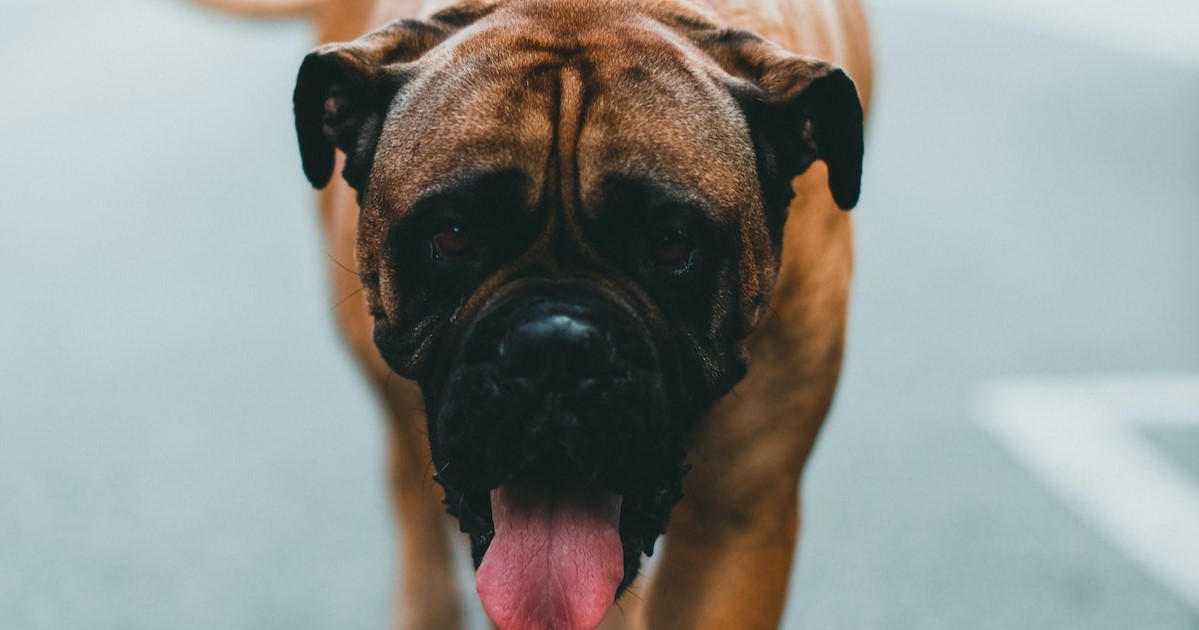
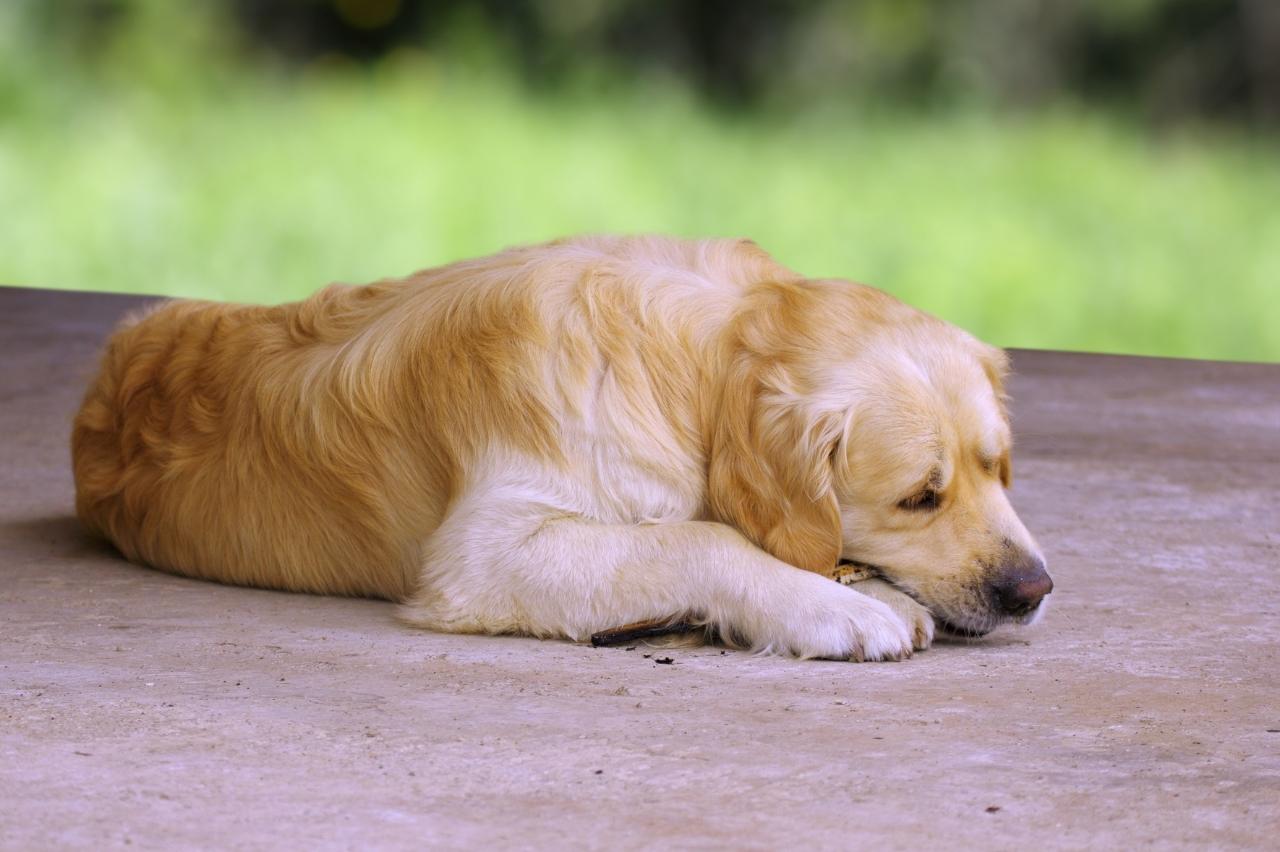
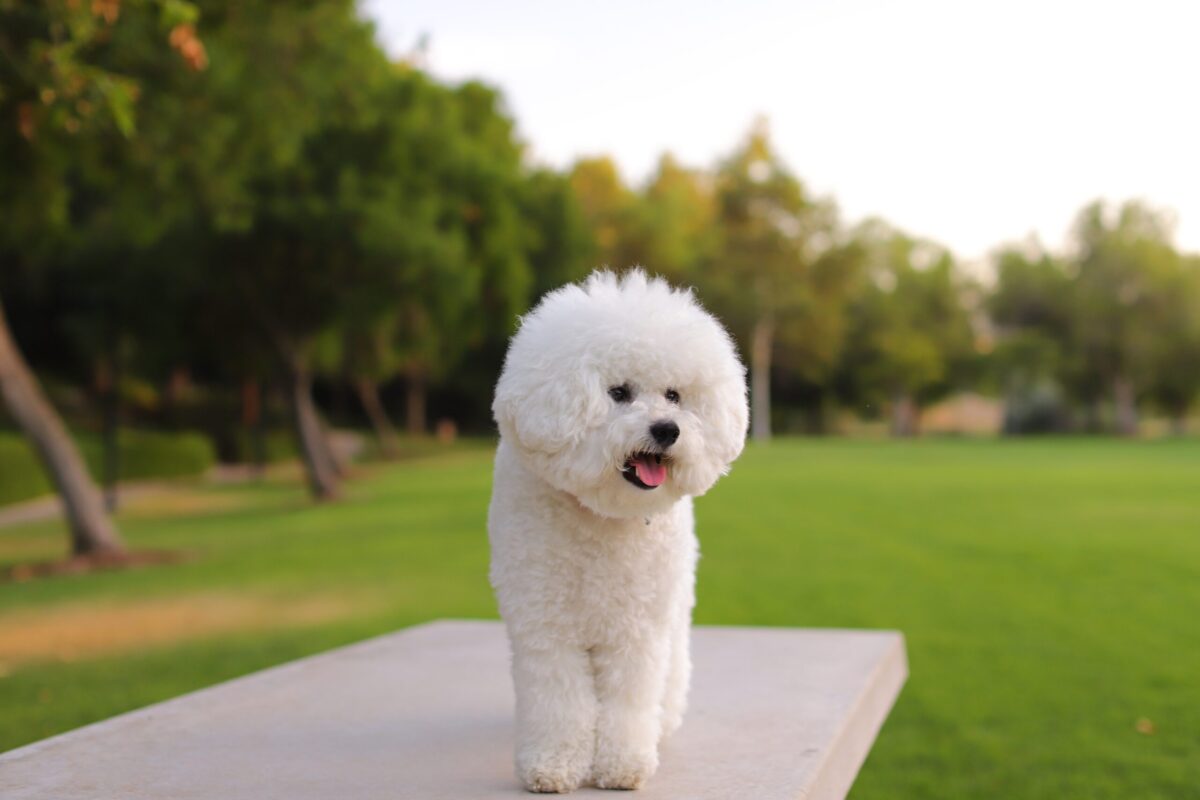
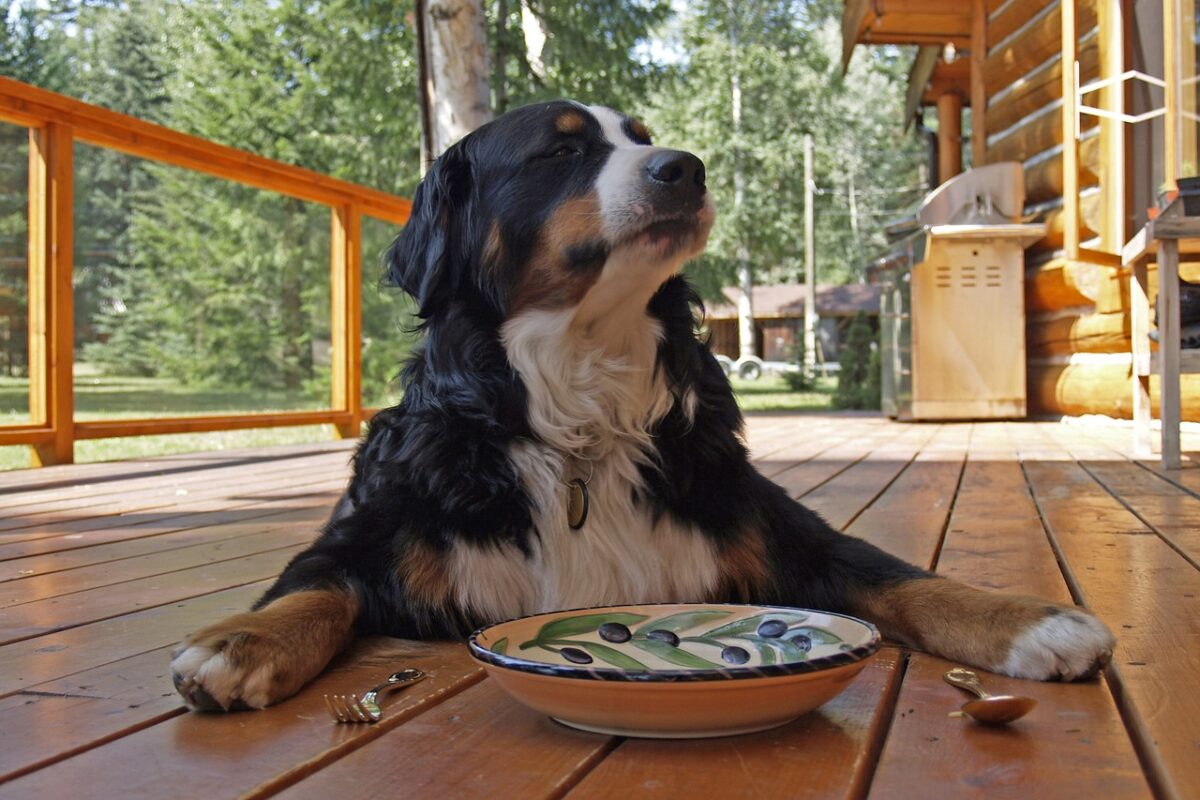
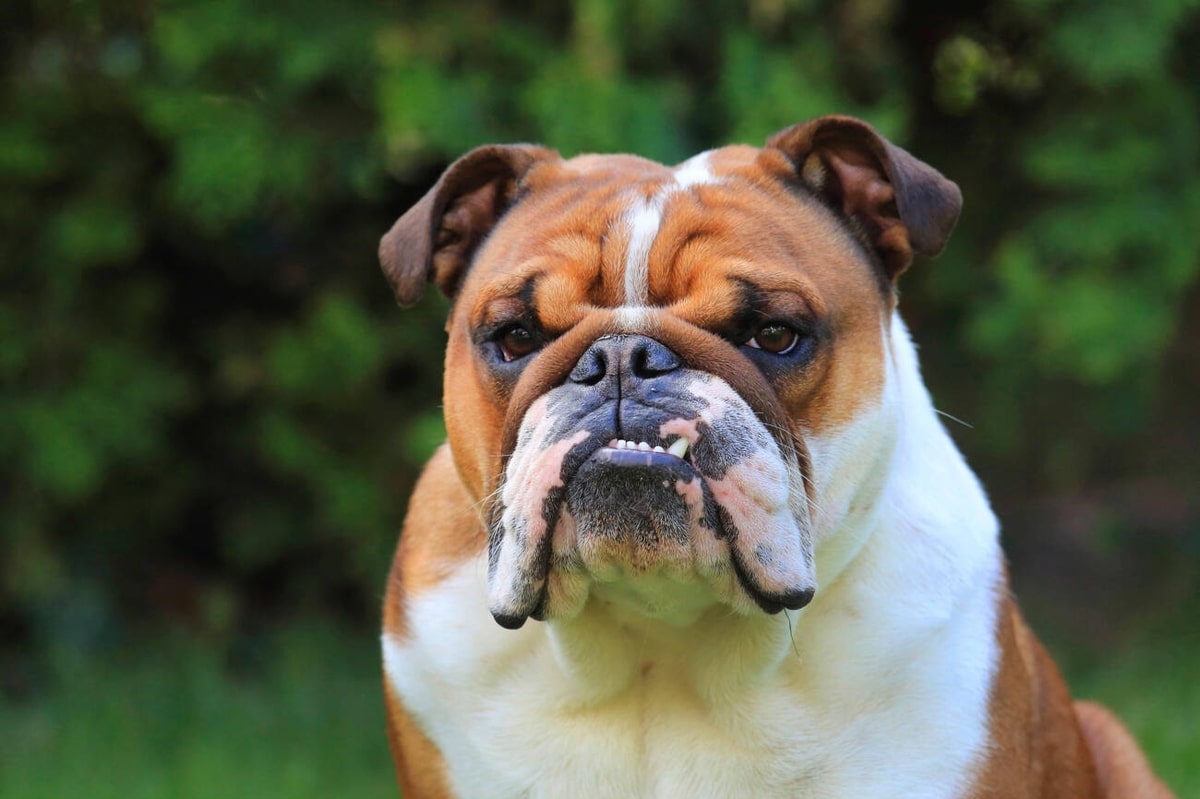


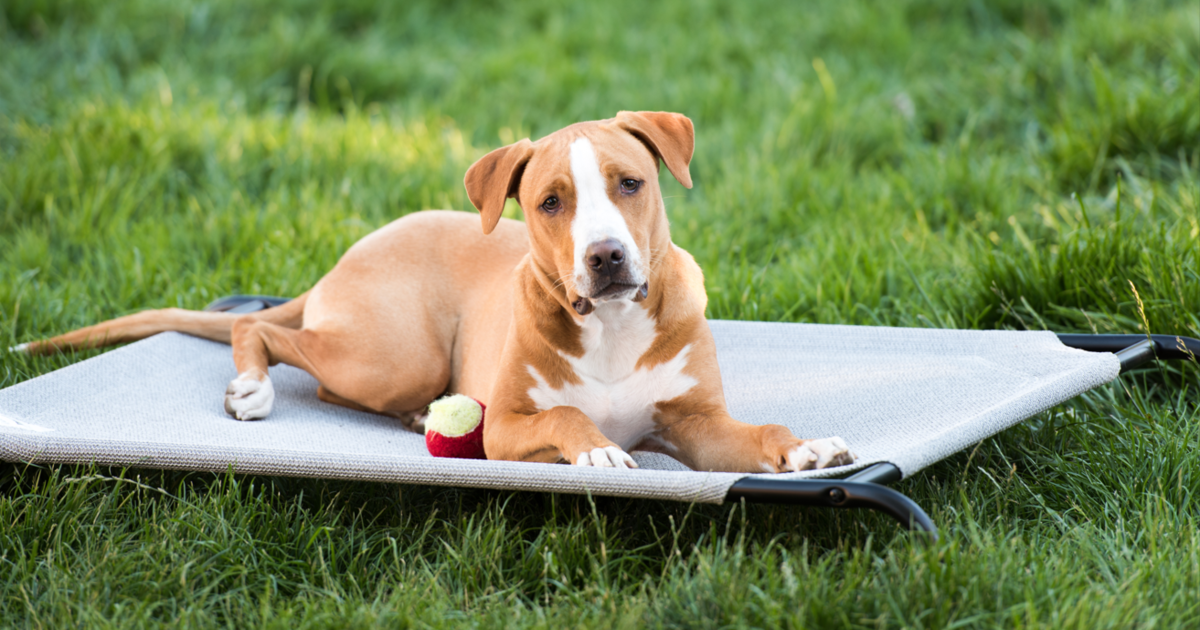
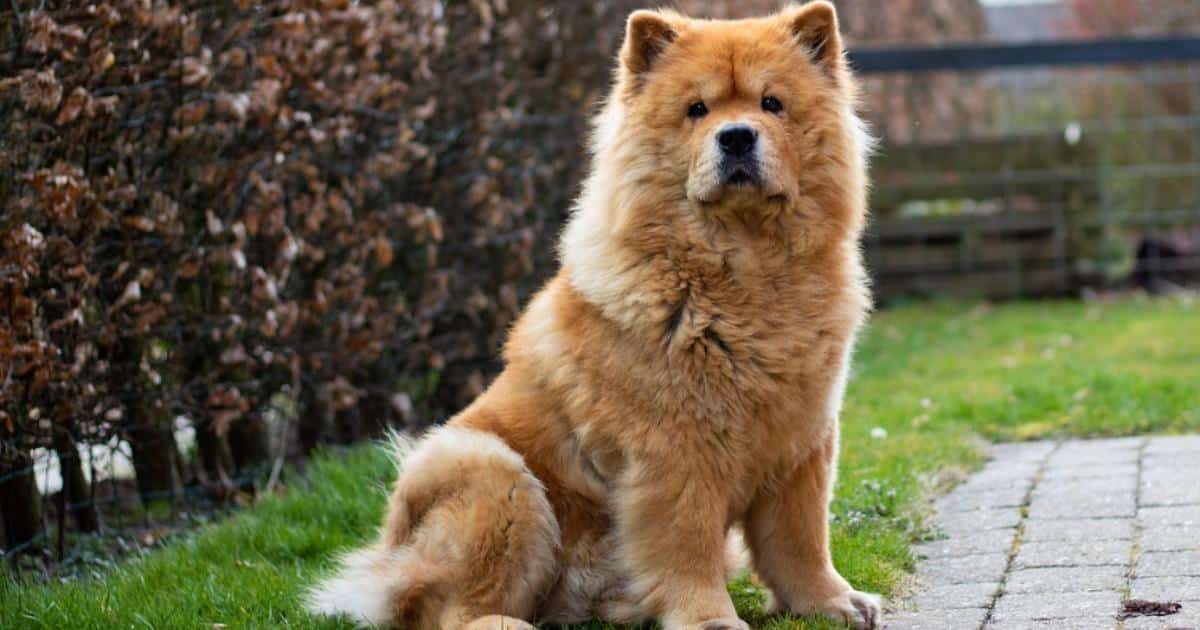

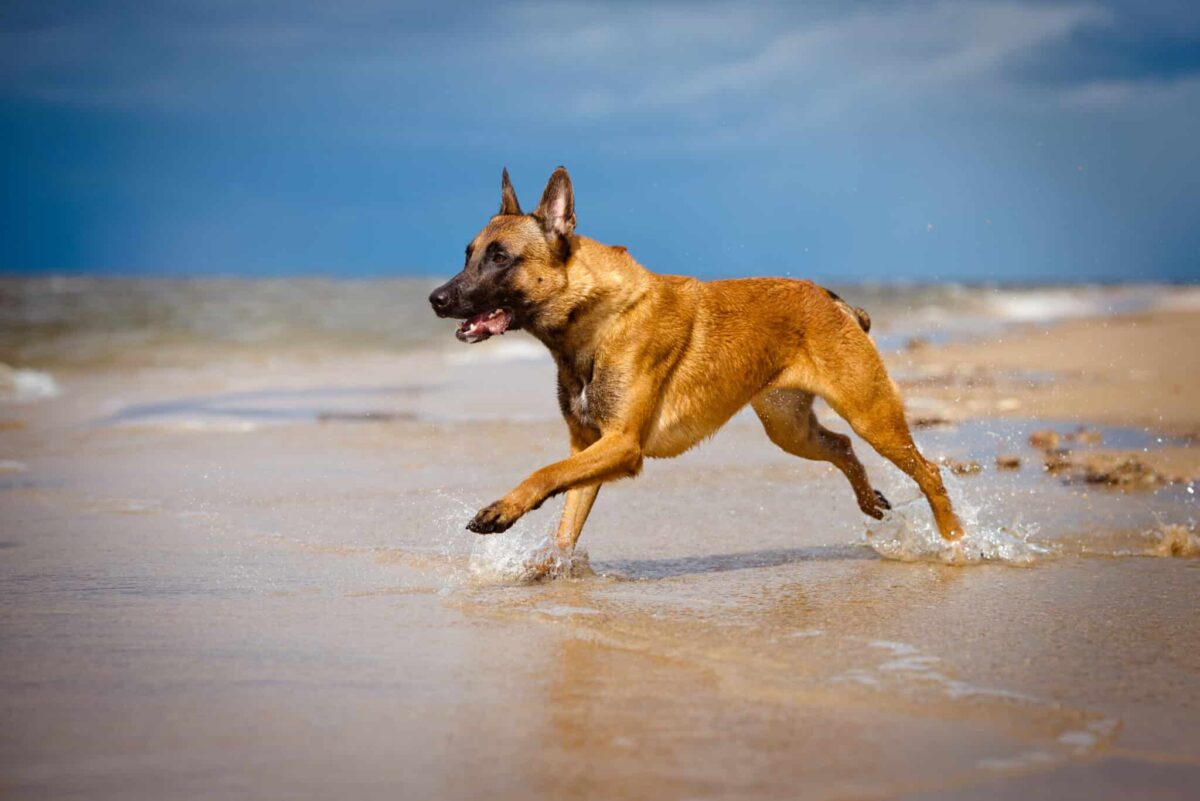


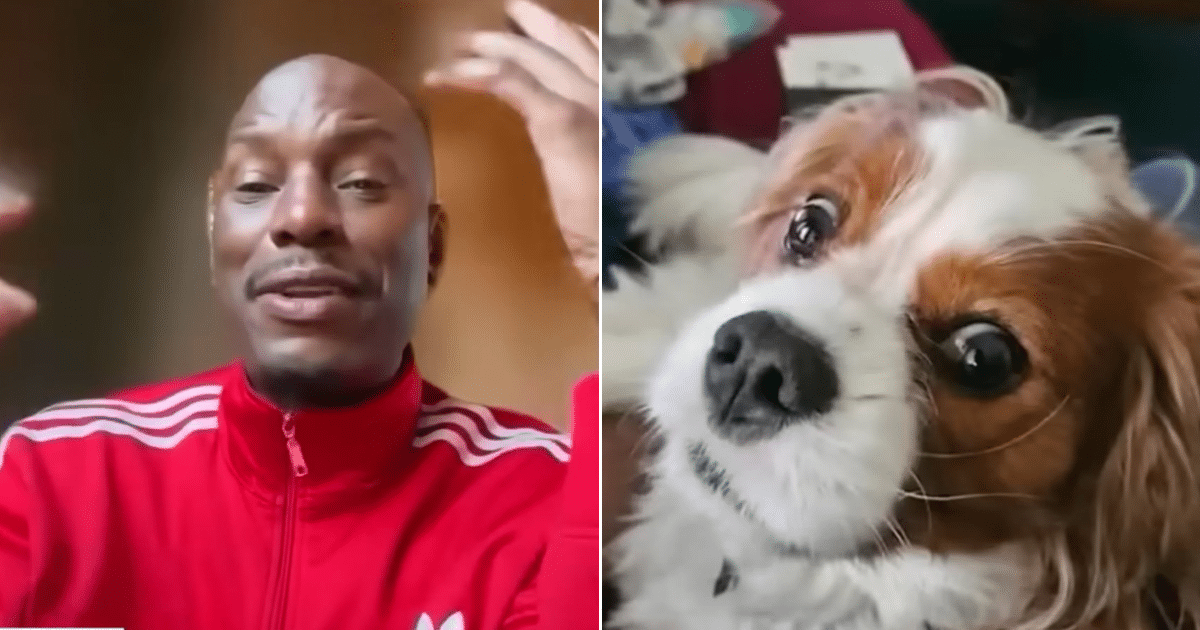
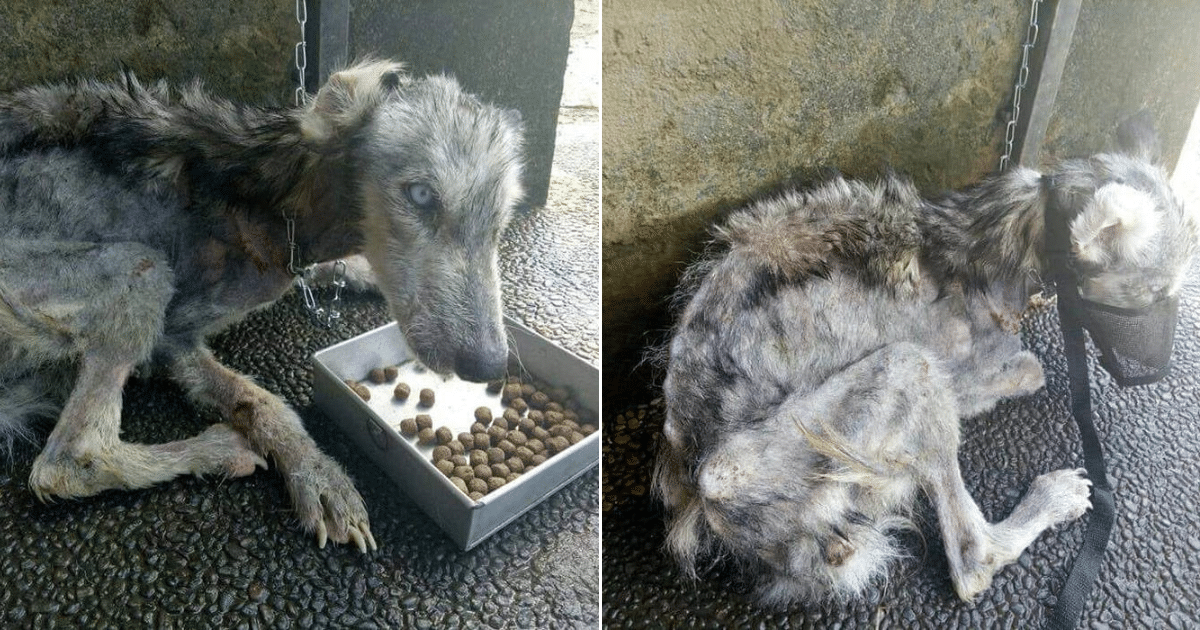

 English (US) ·
English (US) ·